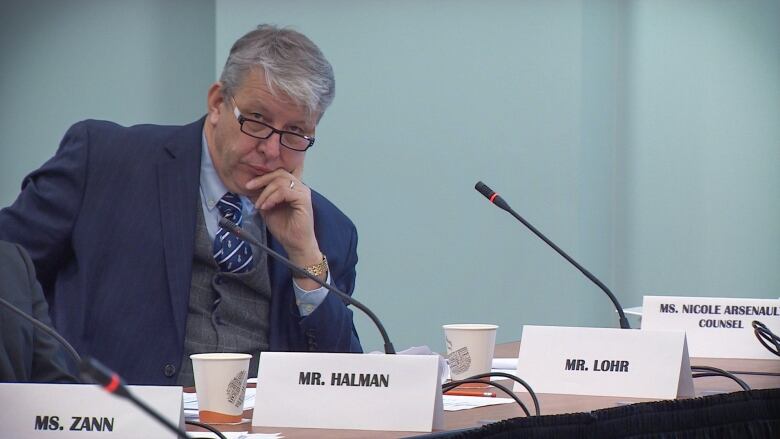Nova Scotia filled just a quarter of its spots under new immigration program
N.B. brought in twice as many workers, while P.E.I. completely filled its Atlantic Immigration Pilot quota

Nova Scotia is not coming close to maxing out the number of people it can bring into the province under a new immigration program.
The Atlantic Immigration Pilot launched in March 2017 and was designed to bring more skilled workers to Atlantic Canada by quickly identifying employers and reducing applicant processing time to six months or less.
The joint federal-provincial program designated 2,000 spaces for the four Atlantic provinces in 2017, and the program will also run this year and the next.
Nova Scotia had a quota of 792 spaces in 2017 but only filled 201 of those spots, said Suzanne Ley, the executive director of the Nova Scotia Office of Immigration.
"It's common in Year 1 for low uptake for immigration programs. It's important to understand it can often take several years for a new immigration program to fully ramp up," Ley told the Nova Scotia Legislature's standing committee on economic development Thursday.

In New Brunswick, however, the 2017 quota was 646 people and 487 foreign workers received job offers under the pilot. In 2018, New Brunswick will be upping its quota to 800 people.
Prince Edward Island completely filled its annual allotment of 120 people last year, and has already endorsed another 15 people so far this month.
John Lohr, the PC MLA for Kings North, questioned Ley about how the Nova Scotia numbers compare to other Atlantic provinces, and how the office intended to raise uptake going forward.
"Clearly, something in the other three Atlantic provinces in terms of how the program was implemented was done better," said Lohr.
"Immigration's a pretty important file to our province, and I do recognize the Office of Immigration has done a very good job on the provincial nominee program, so this Atlantic Immigration Pilot, it's pretty disappointing that we have not kept up on that."

Ley said she does not know yet what the quota of spaces will be for 2018, but she expects her office will process more applications this year than last.
"We expect that will grow. Interest is strong, we hear from employers every day," Ley told reporters after the meeting. She said her office is in conversation with other Atlantic provinces, but didn't elaborate on why other provinces are getting better results.
"We would know it if they had a magic trick," she said.
Ley said her office has partnered with three development agencies to try to promote the immigration pilot to employers.
The Atlantic Canada Opportunities Agency has chipped in $300,000 for the Cape Breton Business Partnership, the Halifax Partnership and the Western Regional Enterprise Network to promote the program.
The Office of Immigration confirmed that, for the first year, any quota that was not filled will not be carried forward or shared with other provinces.